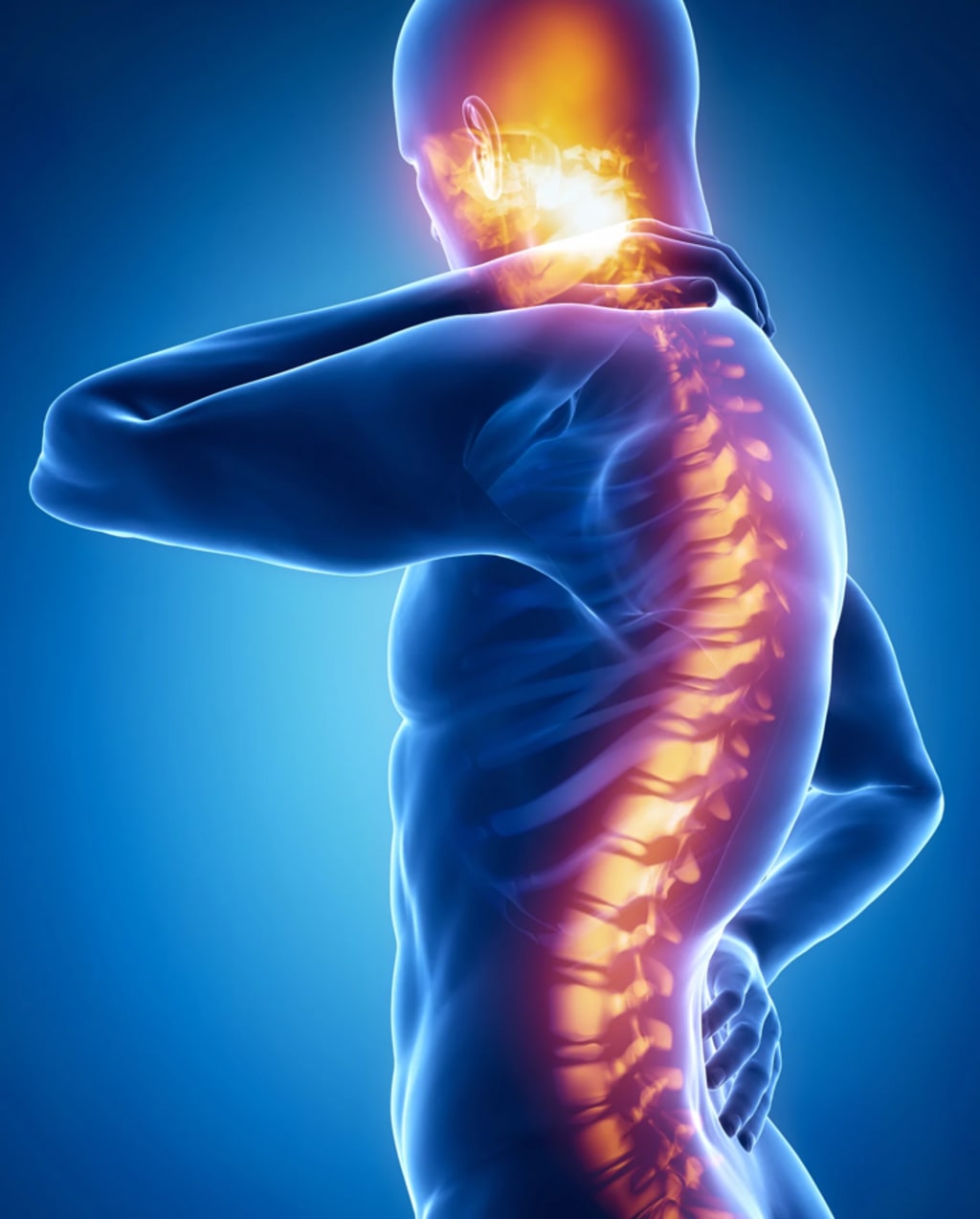10 Ways to Alleviate Nerve Pain
sciatic nerve pain

Nerve pain, also known as neuropathic pain, can be a debilitating condition that affects millions of people worldwide. It is often characterized by a shooting, burning, or tingling sensation that radiates along the nerves, causing discomfort and distress. Fortunately, there are various strategies and techniques that can help alleviate nerve pain and improve overall well-being.
Nervogen Pro is a dietary supplement designed to support nerve health and alleviate nerve-related discomfort. Formulated with a blend of natural ingredients, Nervogen Pro aims to target the root causes of nerve pain and promote overall well-being. This powerful formula includes ingredients like passionflower, marshmallow root, and corydalis yanhusuo, known for their potential to reduce inflammation, soothe nerves, and support a healthy nervous system. By providing essential nutrients and antioxidants, Nervogen Pro aims to improve nerve function, enhance circulation, and provide relief from nerve pain and discomfort. With its natural composition and comprehensive approach, Nervogen Pro offers a potential solution for those seeking to manage and alleviate nerve-related issues.
Here are another 10 effective ways to manage and reduce nerve pain:
Medications: Certain medications, such as antidepressants, anticonvulsants, and pain relievers, can be prescribed by a healthcare professional to help alleviate nerve pain.
Physical therapy: Working with a physical therapist can provide targeted exercises and stretches to improve nerve function, reduce pain, and enhance mobility.
Transcutaneous electrical nerve stimulation (TENS): TENS therapy involves using a small device that delivers low-level electrical currents to the affected area, which can help disrupt pain signals and provide relief.
Heat and cold therapy: Applying heat or cold packs to the affected area can help alleviate nerve pain by reducing inflammation and soothing discomfort.
Massage therapy: Gentle massage techniques can promote relaxation, improve blood circulation, and reduce nerve pain by easing muscle tension and releasing endorphins.
Acupuncture: This ancient Chinese practice involves the insertion of thin needles into specific points on the body. Acupuncture has been found to stimulate the release of natural pain-relieving chemicals and promote overall well-being.
Stress management: Engaging in stress-reducing activities like meditation, deep breathing exercises, and yoga can help lower stress levels, which in turn can alleviate nerve pain.
Dietary changes: A healthy diet rich in anti-inflammatory foods, such as fruits, vegetables, whole grains, and omega-3 fatty acids, can help reduce nerve pain by reducing inflammation in the body.
Topical treatments: Applying topical creams or ointments containing ingredients like capsaicin or lidocaine can provide localized relief by numbing the affected area and reducing pain signals.
Alternative therapies: Exploring alternative therapies like herbal supplements, essential oils, and mind-body practices such as mindfulness and biofeedback may offer additional options for managing nerve pain.
Nerve pain, also known as neuropathic pain, affects a significant number of individuals worldwide. It is estimated that millions of people experience nerve pain, making it a widespread health concern. Various factors can contribute to the development of nerve pain, including medical conditions such as diabetes, shingles, multiple sclerosis, and injuries. Additionally, nerve pain can occur as a result of age-related degeneration or damage to the nerves. The impact of nerve pain on individuals can be debilitating, causing discomfort, tingling, numbness, and even difficulty in performing daily activities. Given its prevalence and the negative impact it can have on quality of life, finding effective ways to manage and alleviate nerve pain is of paramount importance.
It's important to consult with a healthcare professional before trying any new treatments or making significant changes to your pain management routine. Every individual's experience with nerve pain is unique, and a personalized approach is crucial for effective relief. By incorporating these strategies into your daily routine, you can take proactive steps towards alleviating nerve pain and enhancing your overall quality of life. Remember, finding the right combination of techniques may take time, so be patient and persistent in your journey towards pain management and well-being.
About the Creator
Samuel James
I provide information about fitness, personal development, and self-help.
Follow me on medium - https://medium.com/@sshephardbayly






Comments
There are no comments for this story
Be the first to respond and start the conversation.